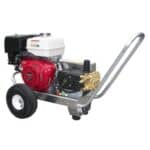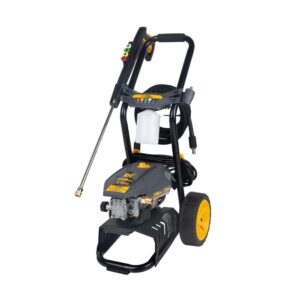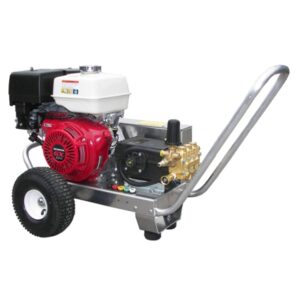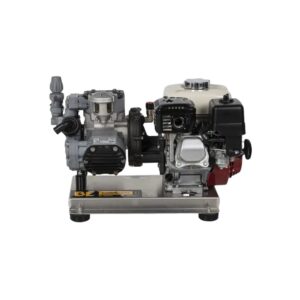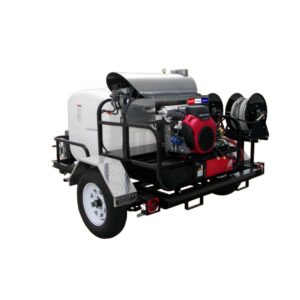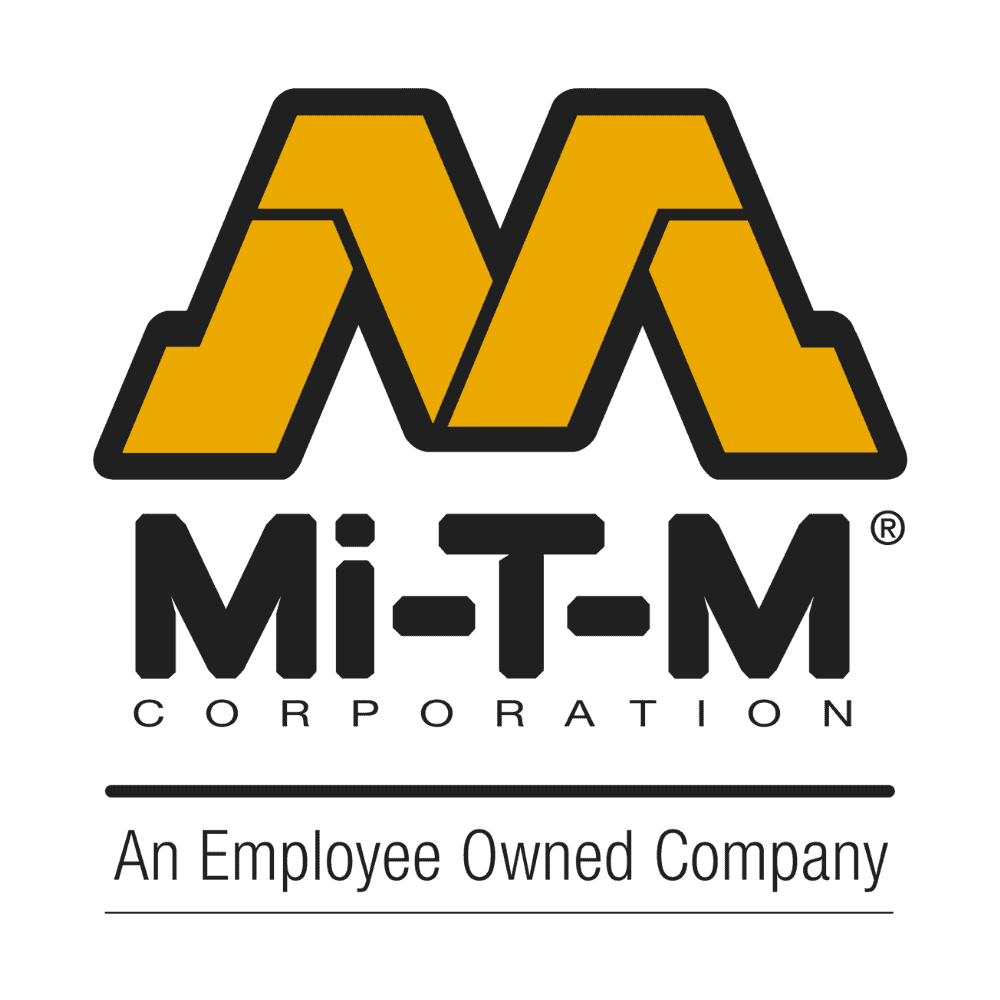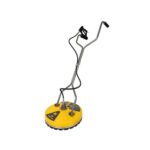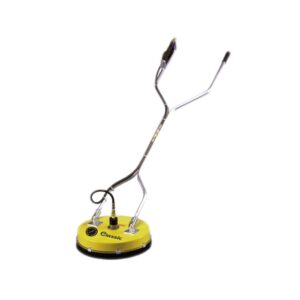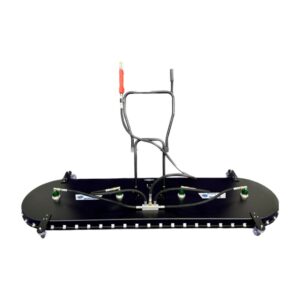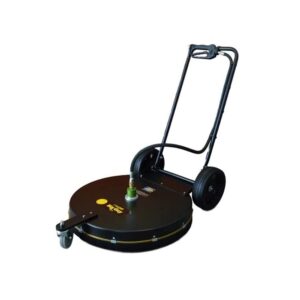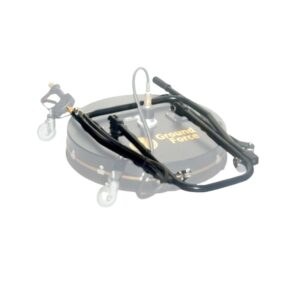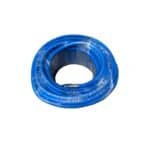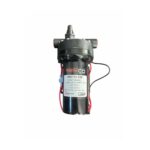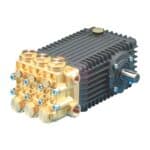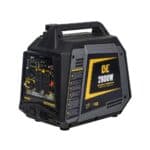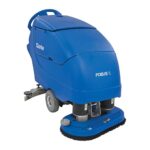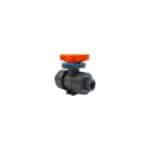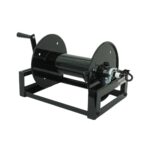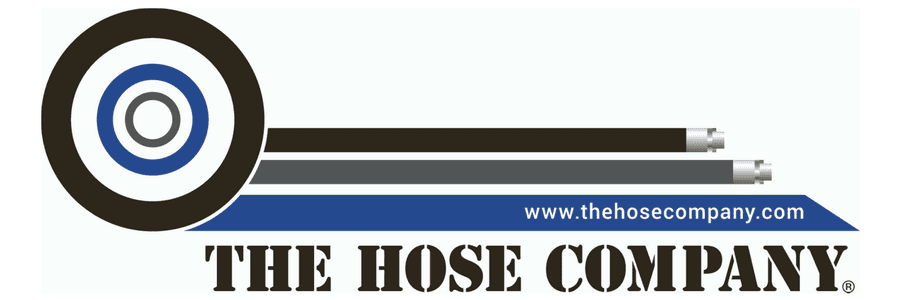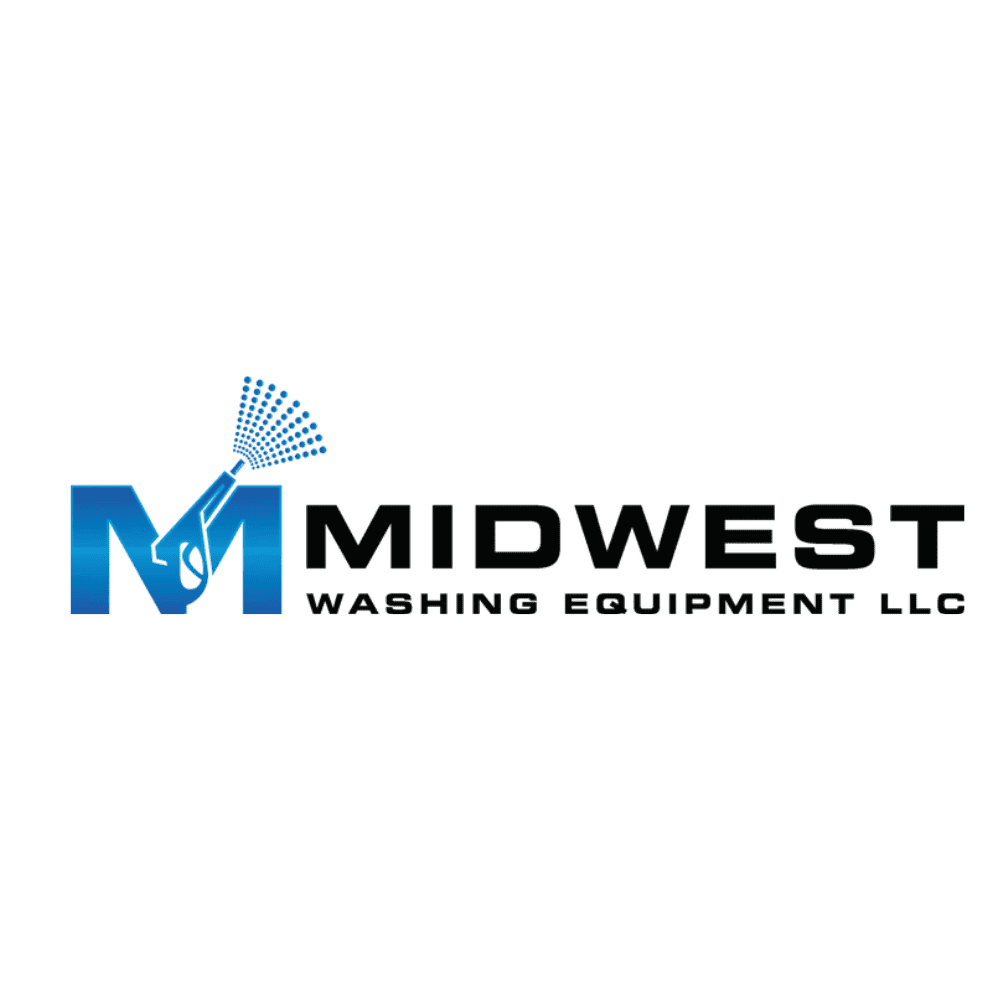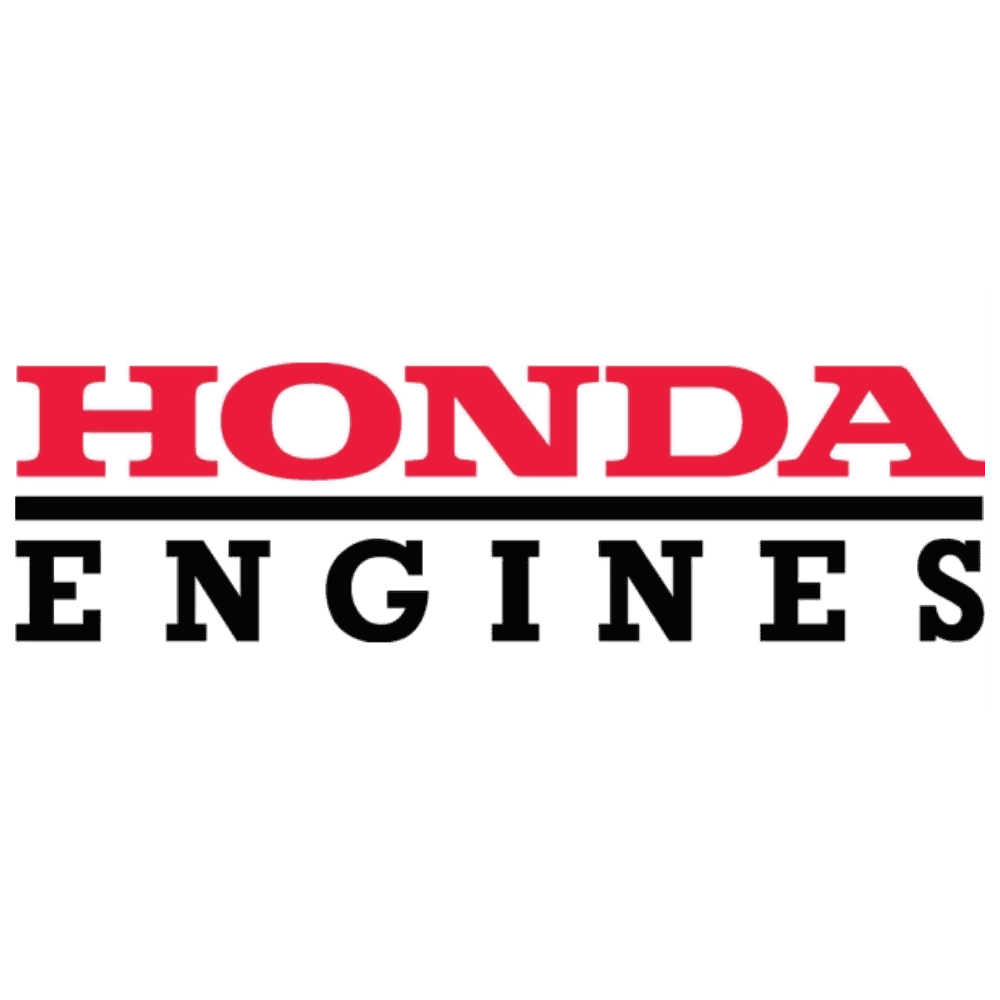Cold Water vs. Hot Water Pressure Washers: Pros and Cons

What’s the Main Difference?
The key difference is obvious: one heats water, the other doesn’t. But what that really means is this—hot water pressure washers break down grease, oil, and heavy grime faster, while cold water units rely on raw pressure to get the job done.
If you’re washing mud off concrete, both work. But if you’re removing caked-on oil from a commercial lot or diesel residue from heavy machinery, hot water is the clear winner.
Cold Water Pressure Washers: Pros & Cons
Pros
- Affordable: Cold water units are generally less expensive to purchase and maintain.
- Lightweight & Mobile: No burner system means fewer components and easier portability.
- Perfect for General Cleaning: Ideal for dirt, loose debris, siding, fencing, and concrete.
Cons
- Limited Power on Grease: Struggles with oil, gum, and sticky grime without a degreaser.
- Can Take Longer: More passes may be needed, especially in colder climates or on commercial jobs.
Hot Water Pressure Washers: Pros & Cons
Pros
- Melts Grease: Great for restaurants, parking garages, oil-stained driveways, and engines.
- Faster Cleaning Time: Breaks bonds between grime and surface faster than cold water alone.
- Sanitizes: Hot water can kill bacteria and is often used in food service or sanitation jobs.
Cons
- More Expensive: The heating element and burner system raise the cost and require more maintenance.
- Heavier Equipment: Usually bulkier, requiring trailers or larger rigs.
- Fuel Costs: Diesel or kerosene is needed for the burner.
| Criteria | Cold Water Pressure Washer | Hot Water Pressure Washer |
|---|---|---|
| Cleaning Type | Dirt, dust, concrete, siding | Grease, oil, industrial grime |
| Best For | Residential / Light Commercial | Commercial / Industrial |
| Cost | Lower | Higher |
| Mobility | More Portable | Heavier Equipment |
| Performance on Grease | Poor | Excellent |
| Sanitizing Capability | No | Yes |
